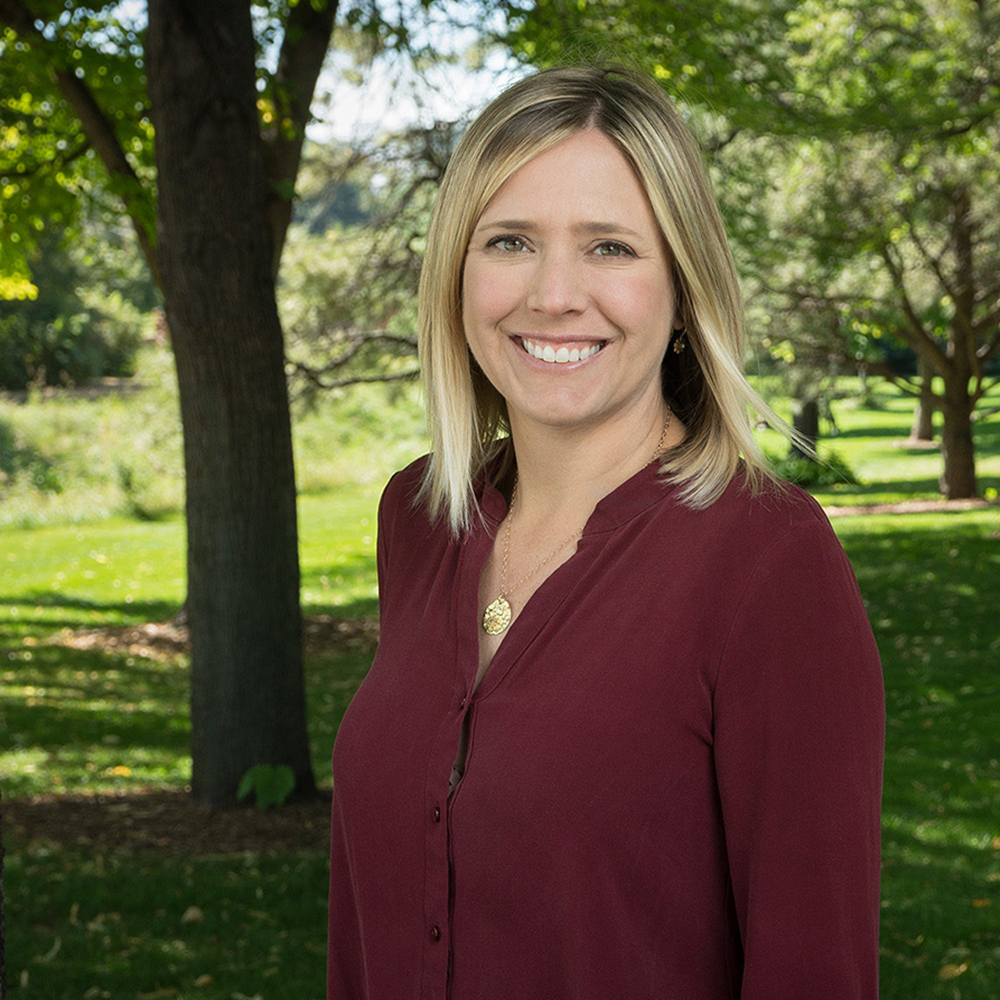
Courtney Schultz is a professor of natural resource and fire policy, director of the Public Lands Policy Group, and director of the Climate Adaptation Partnership, housed in the Department of Forest and Rangeland Stewardship in the Warner College of Natural Resources.
Schultz’s research agenda focuses on how policies and other aspects of governance mediate the effective integration of scientific information into decision-making and guide how science is balanced with political goals and public preferences. She has conducted research on large-scale wildlife conservation planning, the development of monitoring and adaptive management plans by federal agencies, and various aspects of forest restoration policy.
Q: Why do you study wildfire and what aspects of it do you focus on?
A: Fire is an incredibly complex governance challenge, deeply intertwined with settler colonial history, the legacies of public land management, and climate change. As a governance and public policy scholar, I find it to be both a fascinating and important area of study. My work looks at the policies and other aspects of the governance system that affect our ability to prepare for and respond to fire.
Q: What is the goal of your wildfire research and can you summarize what the research involves?
A: Right now we are investigating post-fire policy, trying to understand how policy can be improved and how communities of practice find creative ways to respond to fires and subsequent hazards, like flooding and debris flows. In particular, we are studying the 2020 fires in Colorado, and we are working with Native American Tribes in the western US to understand their post-fire recovery priorities and how policy can be improved to address tribes’ perspectives and priorities more effectively.
Q: What is something you’d like people to know about wildfires?
A: Fire is essential for fire-prone landscapes, both for ecosystem resilience and for the resilience of human communities. We have to find a way to put more fire on the landscape, in addition to living with more wildfires. Controlled burning and cultural burning (done by tribes) are both critically important practices for reducing the undesirable effects of wildfires, like severe burning, smoke, and the loss of things communities value.
Q: Are there any misconceptions about wildfire you’d like to address?
A: Fire isn’t a problem just for the Forest Service, individual landowners, or policymakers. Dealing with fire requires collective action–us all working together toward common goals. This requires community-level action to create defensible space and to support vulnerable community members, as well as collective will to reduce hazardous fuels and reintroduce fire to the landscape to restore ecosystem integrity.